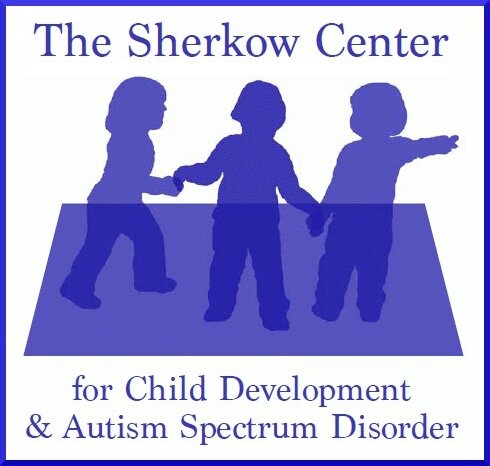Frequently Asked Questions
Q: My child already receives in-school services. Would The Sherkow Center method be compatible with their existing services?
A: Yes, treatment at The Sherkow Center can function as an adjunct to other interventions including early intervention, behavioral therapies and occupational therapy
Q: Does the Sherkow Center accept insurance?
A: No, we do not accept insurance, but we can provide you with documentation to help you seek reimbursement from your health insurance company for our services as an out-of-network provider. We also have a limited number of scholarships available for families for whom paying the full fee would pose a financial hardship.
Q: Why do you emphasize psychiatry?
A: We integrate psychiatric diagnosis and treatment into our comprehensive approach. That is, we conduct an individualized psychiatric assessment informed by biologic, genetic, and medical knowledge about autism spectrum disorder and other developmental disorders. We also assess for other potential co-existing psychiatric diagnoses like attention deficit hyperactivity disorders, depressive disorders, anxiety disorders, trauma and stressor-related disorders, and psychotic disorders. We can advise on whether taking psychiatric medications should be part of an individual’s treatment plan. We can provide psychiatric care including prescribing and managing psychiatric medications.
Every clinician at the Sherkow Center who provides psychiatric assessment and treatment is a child and adolescent psychiatrist. Child and adolescent psychiatrists are best equipped to bring medical expertise to the evaluation and treatment of psychiatric conditions. Child and adolescent psychiatrists have a greater breadth and depth of specialized training, experience and expertise in the diagnosis and treatment of psychiatric conditions in children and adolescents than pediatricians, family medicine physicians or psychiatric nurse practitioners. Child and adolescent psychiatrists understand how psychiatric conditions can present differently at different ages, stages and developmental levels and how to tailor interventions to the unique needs of each person. We meet each person where they are. Child and adolescent psychiatrists are experienced in treating the severe end of the spectrum of psychiatric conditions. This subspecialty expertise is relevant not only for infants, children and adolescents, but also for adults since development is a life long process.
